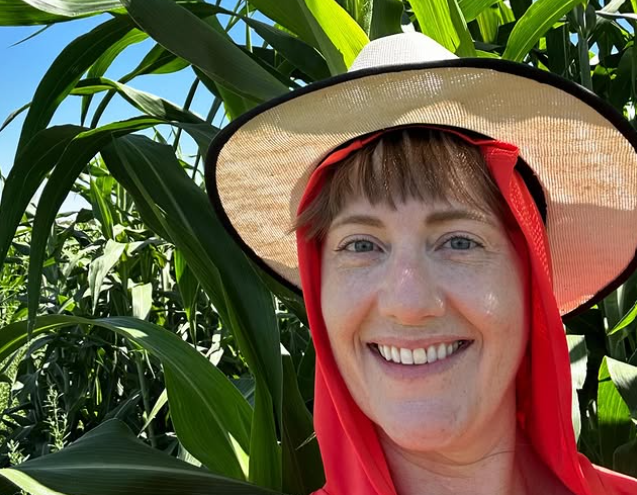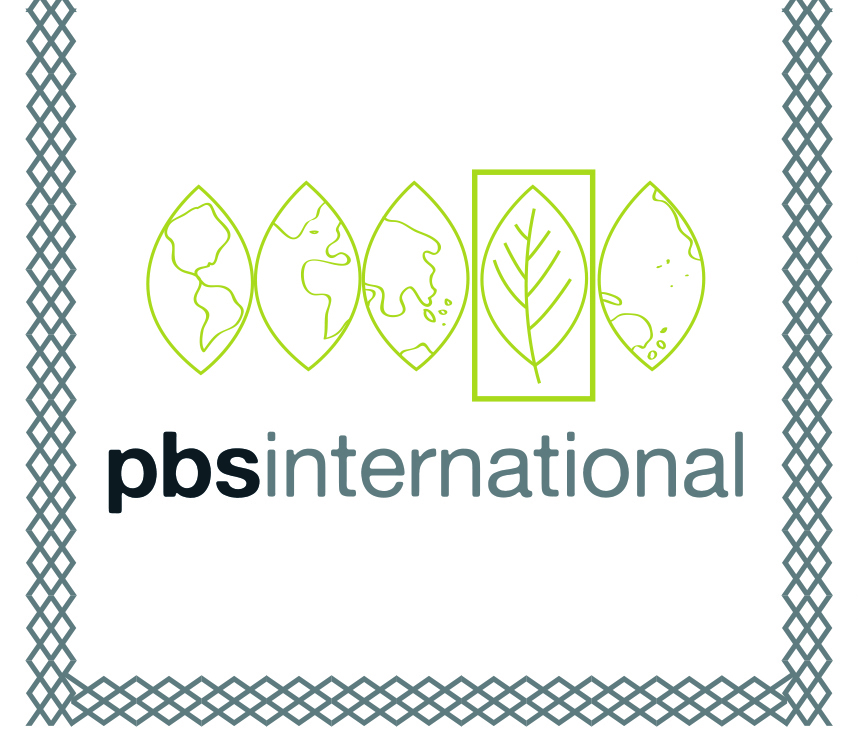Sorghum is a versatile cereal grain that is shows promise in food, beverage, feed, and biomass applications, due to its resistance to hot temperatures and drought amidst changing climates.
Over in Nevada, Reno, Professor Melinda Yerka – head of the Yerka Lab at the University of Nevada, Reno, and founder of Yerka Seed Company – has been working on developing sorghum varieties with low amylose starch content in the seeds. Known as the ‘waxy’ trait, this trait is popular in food and beverage applications due to its thickening and texturising properties. By developing and commercialising waxy sorghum varieties that require less water to grow than crops such as waxy corn, Prof Yerka is helping manufacturers find new ways to promote more sustainable agricultural practices.
The uses of sorghum doesn’t stop there – Prof. Yerka’s work also includes adapting sorghum varieties to be even more resilient against changing climates; developing varieties of sorghum that are suitable for gluten-free applications; and partnering with CIMMYT (International Maize and Wheat Improvement Centre) members to improve our understanding of sorghum genetics and open new avenues for research and breeding opportunities.
We’ve supported Prof. Yerka with PBS International pollination control bags (also known as crossing or selfing bags) since 2022. Our case study spotlights the work Prof. Yerka is doing to revolutionise sorghum breeding,



